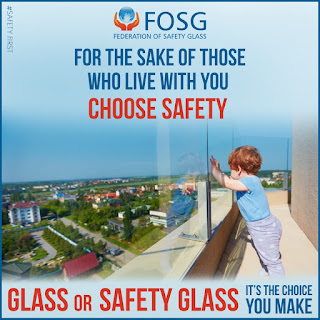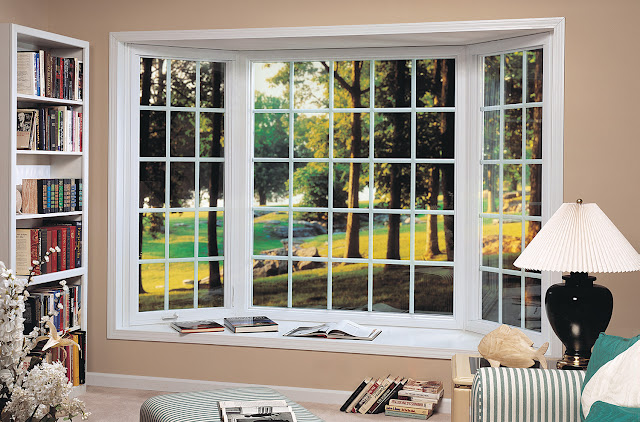Safety Glass for Children Safety: Windows and Doors
Visually,
glass is elegant for homes and we are increasingly installing floor-to-ceiling
doors, conservatories, glass doors, side panels, moving glass patio doors and
glass shower cubicles in our homes. Furthermore, how about we not overlook the
modest window, to be found all through. Yet every year windows and glass doors
cause about 400 accidents hurting mostly children under 14.
So
what safety measures can we take to avoid injury from windows and glass doors?
Falling From Windows
Falls
at home are very common but sadly, 10 children a year die as a consequence of
falling from a height out of window, with many more suffering injuries. You can
help to avoid this type of fall by:
- Moving beds, furniture and additional potential 'climbing frames' away from windows.
- Fitting window locks or safety catches that limit openings (for ventilation) to no more than 10cm.
- If windows don't allow ventilation while locked, think a window safety barrier.
- Instead of Glass use SafetyGlass.
A
lot of accidents occur due to children running into the glass, simply because
they haven't spotted it (visiting children are prime victims), or because they
have forgotten it was there!
Ordinary
glass is very unsafe because it breaks into sharp pieces that cause severe
injuries. Safety glass is a legal obligation in new buildings, so if your home
is older, consider replacing glass doors and panels with safety glass
manufactured to BS 6206.
There are special
categories of safety glass:
- Toughened Glass - this kind of glass
is toughened by heat treatment. It disintegrates into small, rough pieces,
which are not sharp, and reduces the danger of injury. Small pieces will still
be unsafe for children so ensure they are kept away in the happening of
breakage.
- Laminated Glass - 2 or more sheets of
ordinary glass attached jointly by a plastic interlayer. On collapse any broken
glass will remain attached to the plastic, reducing the danger of injury
Additional Safety
Advice
Below
are some further points to consider:
- Transfers or stickers can feature risky glass territories to children.
- Children may stumble on free carpets or tangles, so fend off them from glass entryways and windows.
- Low-level glass zones can be screened with plants or furniture.
- When purchasing furniture with glass doors or tops, look for approval to BS 7376 and BS 7449.



Comments
Post a Comment